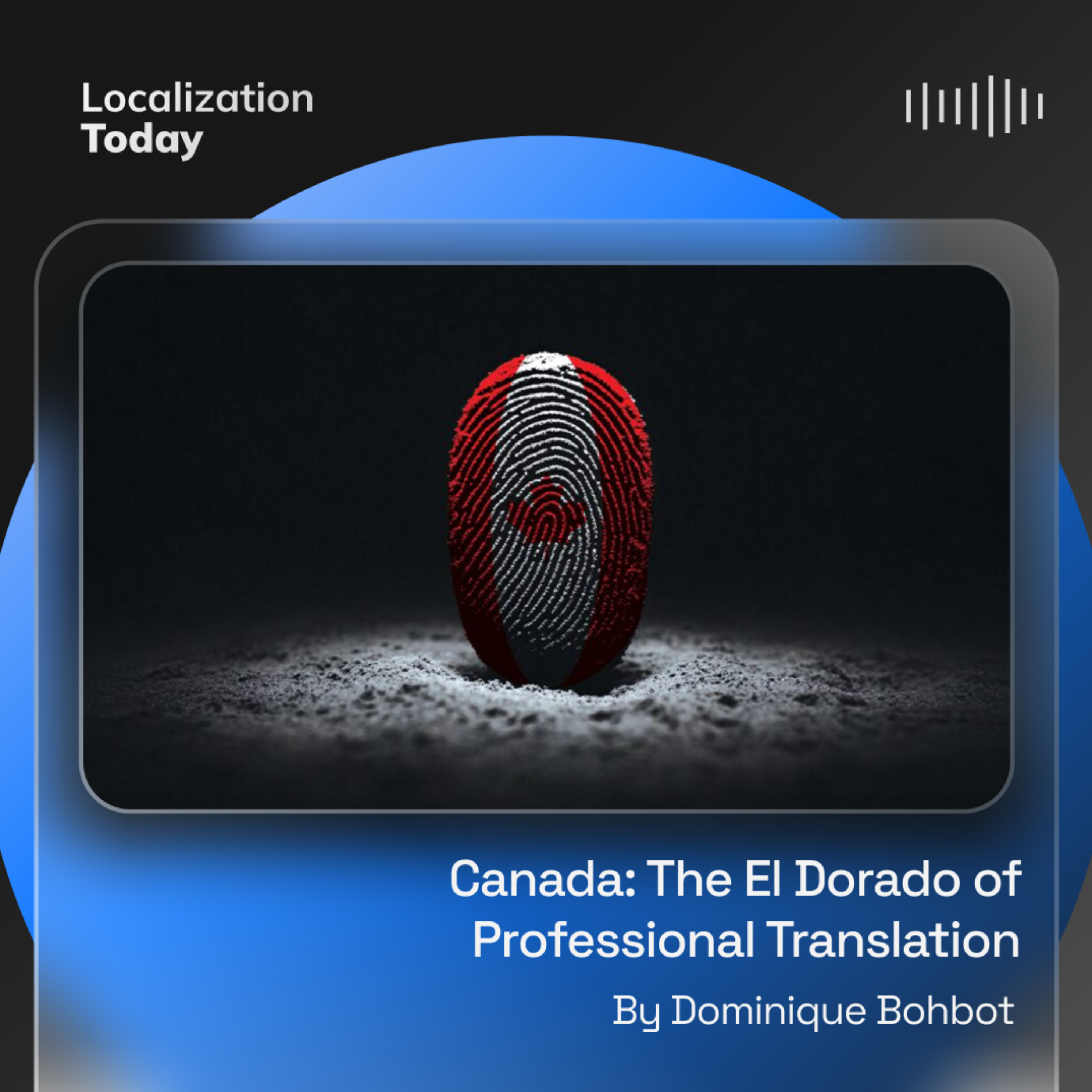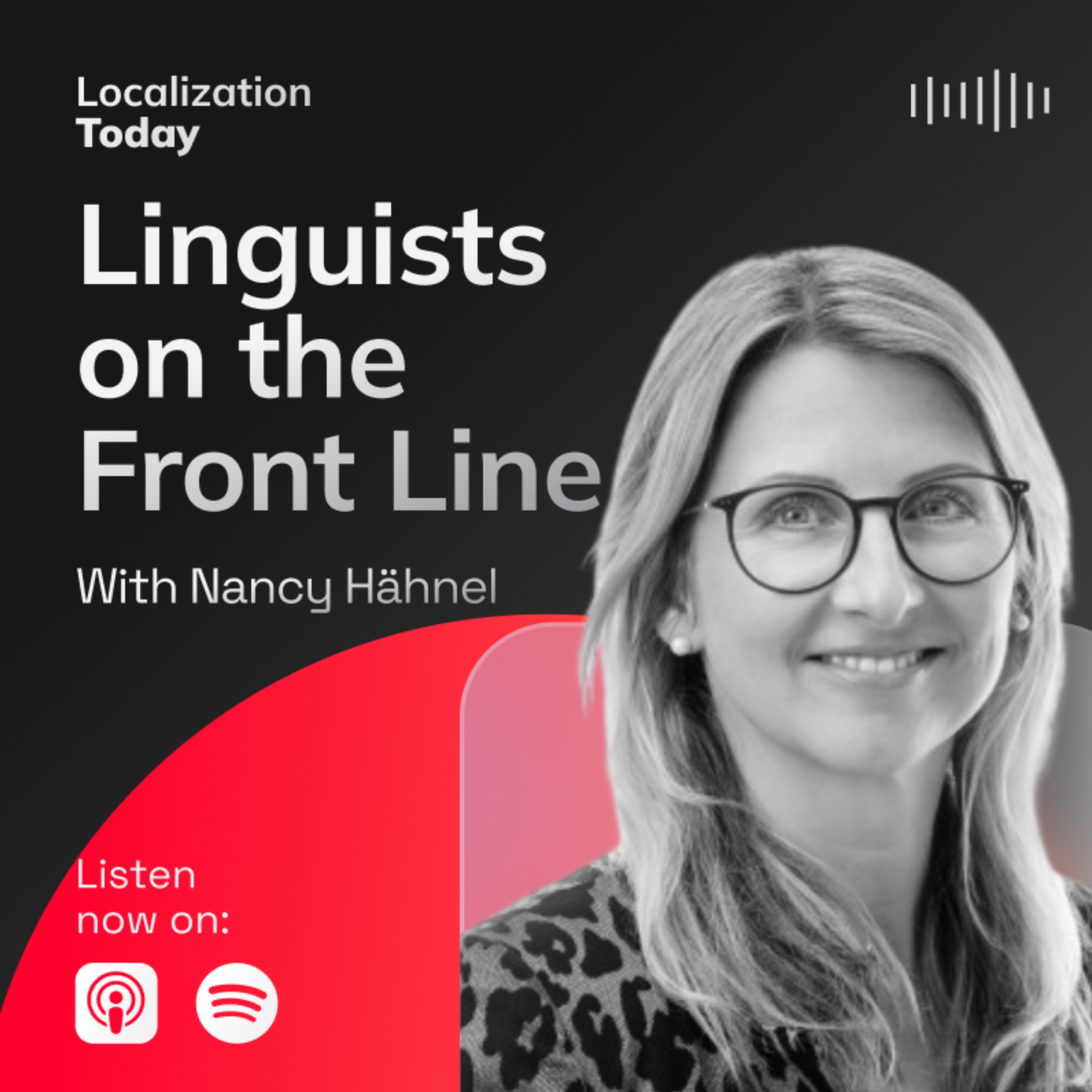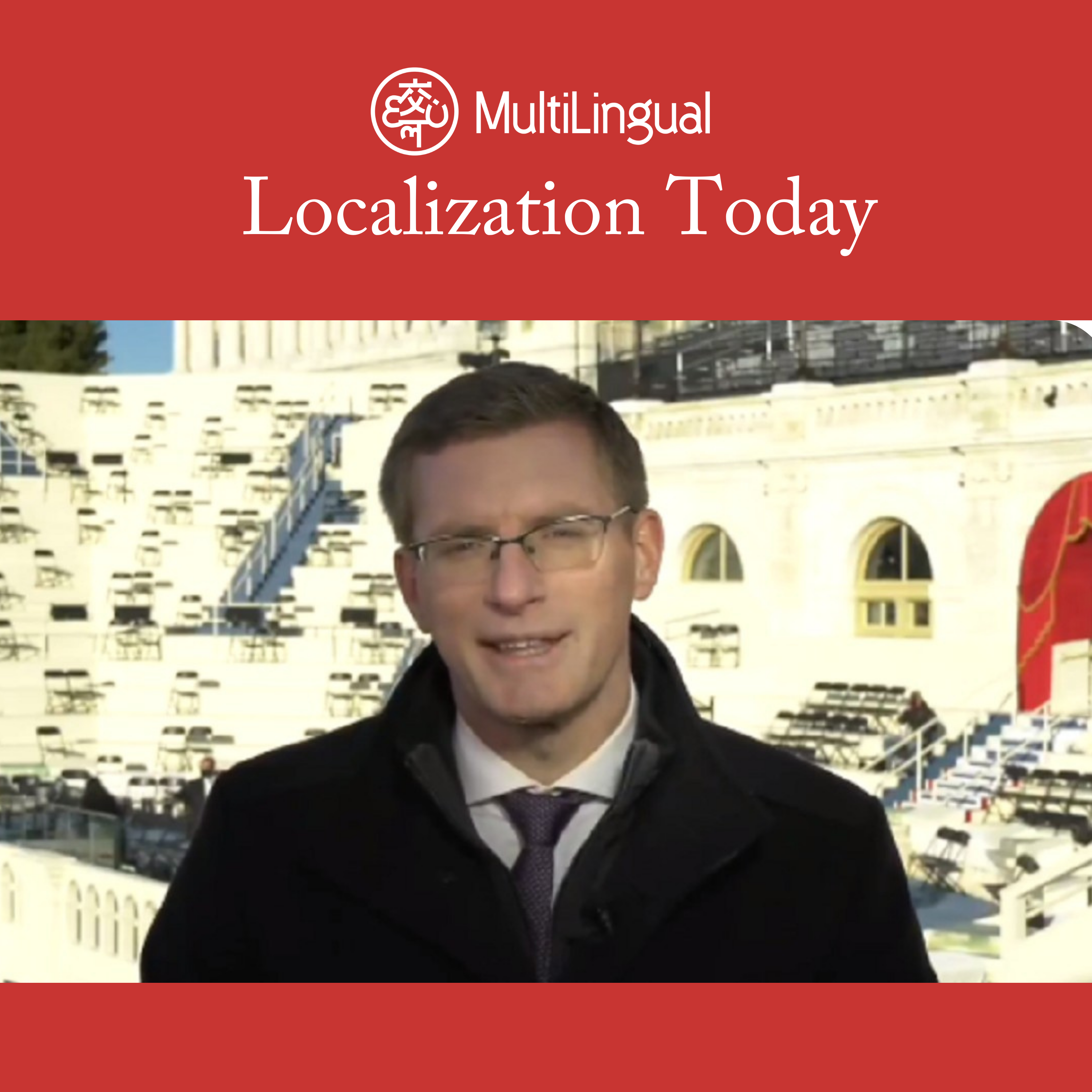Episode Transcript
[00:00:00] Speaking to Multilingualism and Identity in India, by Chandan Kumar While political discourse in India has long revolved around ideological agendas, identity politics, and majoritarian narratives, it has in recent times become more polarized than ever. The unprecedented influence of technology and mass media, where even the most fringe voices find instant platforms, has reshaped how political mobilization happens. It thrives now not on reasoned consensus, but on emotional immediacy, novelty, and spectacle. In such a climate, sustained narratives are hard to hold. Agendas must now be eye catching, effectively charged, and emotionally potent. In this fast moving landscape, political actors craft competing and often conflicting narratives to consolidate their vote bases.
[00:00:53] Religion has historically been a dominant force in effective politics, particularly in South Asia, but it is no longer sufficient on its own. Given the demographic complexity of Indian states, political outreach now requires broader strategies incorporating caste, gender, and class. Among all these competing identities, language has emerged as a particularly potent force, more intimate than classic, more effective than religion, and more pervasive than caste. Linguistic Assertion as Identity Performance in recent months, linguistic conflicts have intensified across the country. Public incidents involving linguistic assertion have gone viral in Maharashtra, Karnataka, Tamil Nadu, and now West Bengal. In a widely circulated video from Maharashtra, a group of Marathi speakers confronts and intimidates a young man, demanding he speak in Marardi. Despite the man's repeated explanations that he does not know the language, he is threatened and publicly humiliated. Such incidents, though violent and unacceptable in method, cannot be dismissed as mere outbursts of regionalism or xenophobia. They reveal a deeper anxiety around identity, belonging, and placemaking. They ask a fundamental who gets to belong and on what terms? Language is not simply a medium of communication but an index of memory, history, and emotional resonance. In a multilingual nation like India, to speak is to exist it is to lay claim to cultural and political space.
[00:02:30] Drawing on Judith Butler's notion in Gender Trouble, Feminism, and the Subversion of Identity, that identity is performative the gender performed is the gender constructed.
[00:02:41] We can argue, similarly, that linguistic identity is performed in everyday acts of speech. It is constructed not in official scripts but in contestations, negotiations, and resistance. You speak your culture, you speak to belong, you speak to access, you speak to become. Michel Foucault observation in the History of Sexuality that where there is power, there is resistance, helps further illuminate these clashes.
[00:03:09] Language, when enforced hierarchically, becomes a marker of power. The response to this power is often contestation, sometimes violent, sometimes symbolic. The linguistic resistance in Maharashtra against the National Education Policy 2023 language formulae, where Hindi is implicitly taken as one of the languages, intensified the linguistic discourse in Karnataka on numerous occasions there have been reports of linguistic discrimination against Hindi speakers. In fact, Chief Minister Sidaramaya is reported to have said that locals must speak in Kannada to non locals. In Bengal, Chief Minister Mahmuda Banerjee recently held a large scale language movement against the systematic marginalization of Bengali speaking citizens in other Indian states.
[00:03:59] While framed in cultural pride, her speech was undeniably political, mobilizing a sense of injustice felt by Bengalis in different states.
[00:04:08] Language here becomes a symbolic vehicle for community grievance and political solidarity. As Ernesto Laclau and Chantal Mouf argue in their work Hegemony in Socialist Strategy, identity is not essentialist but constructed through contestation and negotiation. Linguistic Politics as Effective Mobilization what makes linguistic politics so effective is its deeply affective character. One can conceal caste, religion, or gender in public, but not language. The way we speak immediately marks us. Our accent, vocabulary, and code switching habits become cues through which others locate us socially and culturally. This immediacy of language makes it a powerful political tool. Political actors have realized that linguistic identity can be mobilized not just as a marker of grievance but as a source of collective pride. From Kannada pride in Bengaluru's Sinij laws to Tamil pride movements resisting Hindi imposition, language offers a compelling narrative of resistance and cultural affirmation. As Michel de Certo explains in the Practice of Everyday Life, place making happens through everyday acts by walking, naming, and narrating.
[00:05:21] Language is central to this.
[00:05:24] When Bengaluru mandates 60% of all signage to be in Kannada, it is not just a policy, it is a reclamation of cultural space.
[00:05:33] Similarly, when a speaker insists on being addressed in Tamil in a Chennai airport or non Marathi speakers are coerced in Maharashtra to speak Marathi, it is not simply a linguistic preference it is a performance of belonging. The space of negotiation is also a space of world making. It sustains imagined worlds, be they nostalgic, idealized, or utopian, that resist the dominant world order. These imagined worlds are often built through a rejection of the present and a longing for authenticity. It is different from everyday performances of place making in which performance is subject to mere existence. A coercive mechanism thus is resistant and an effort to regain the value of the place or to reclaim the territory. Both culturally and linguistically, the deep connection between language and identity is undeniable.
[00:06:26] Our speech often becomes the most immediate marker of who we are and where we come from. This is powerfully illustrated by the biblical story of Shibboleth, in which a simple pronunciation test distinguishing between s slash and was used to determine tribal identity Those who failed the test paid with their lives.
[00:06:48] Even today, similar linguistic markers continue to define regional affiliations. For instance, Malgahi speakers in Bihar, whose language is characterized by the exclusive use of the s slash phoneme, a historical loss of frequently encounter linguistic and regional prejudice in Delhi's sophisticated Hindi speaking milieu, compelling Bihari students to overcorrect their speech.
[00:07:14] Such subtle phonetic features, though seemingly small, carry the weight of history, belonging, and even exclusion. Language thus becomes a domain of affective politics. More intimate than most other identity markers, it consolidates a sense of self and community that is difficult to achieve through class or even religion alone. The separation of Bangladesh from Pakistan is testimony of this.
[00:07:39] Additionally, the reorganization of Indian states in 1956 was done on linguistic grounds. It is no surprise, then, that language has become a primary site of contestation and political fuel in India today. BEYOND the Fray the Golden Handcuffs of English an important question arises in the context of these regional conflicts.
[00:08:02] Why do we not see a similar level of contestation against English? Why do movements rarely target the increasing dominance of English in education, public life, or corporate communication? The answer lies in a complex mix of colonial legacy, symbolic capital, and aspirational modernity. As Pierre Boudou argued in Language and Symbolic Power, language is capital, social, cultural, and economic.
[00:08:29] In postcolonial India, English holds immense symbolic value.
[00:08:33] It provides access to jobs, education, international networks, and upward mobility. Unlike Hindi, which is often seen as a central imposition, English is viewed as a neutral global tool. Historian Janaki Nair captures this paradox beautifully when she writes that there was right from start no contest between the prestigious enchantress English and the sobbing mother Kannada. The metaphor is revealing. English seduces with promise, while native languages remain emotionally cherished but pragmatically sidelined. This lack of contestation against English reveals another hierarchy of internalized and naturalized in fact, in opposition to place, making the growing spaces of globalization mark placelessness. The rise of the idea of the third place defined by sociologist Ray Oldenburg in his work the Great Good Place as spaces that are neither home nor work, like cafes, malls, and co working spaces, contributes to this feeling of placelessness.
[00:09:36] However, these third places are not devoid of emotion. They foster aspiration, alienation, unbelonging, and more. English in colonial nations is both enabling and estranging. It walks a tightrope, not quite a stranger yet never fully akin. English is no longer an outsider in India, yet it remains too unanchored in the soil to be drawn into the rivalries of native tongues Frantz Fanon in Black White Masks, 1952 illuminates this phenomenon well. He describes how colonized subjects internalize foreign norms while turning hostility toward others within their community, often competing for recognition in the residual spaces left behind by colonial systems.
[00:10:22] This internal competition aligns with the current linguistic conflict in India, where Hindi is perceived as displacing regional languages while English remains uncontested. The real conflict, then, is not between English and Indian languages, but among the Indian languages, each vying for survival, state recognition, and space in the public domain, especially if one is perceived as dominant and has the support of the Union government.
[00:10:49] The Subversion of Assertion While linguistic assertion can be a democratic force, it also carries the risk of subversion when manipulated for narrow political ends. Language politics can become exclusionary, even violent. Hate speech, social media driven outrage, and forced linguistic conformity are all manifestations of this darker side. In a country where migration is a socioeconomic necessity and where urban centers depend on diverse linguistic populations, closing linguistic borders is not just undesirable, it is impractical. The city needs the migrant, the state needs the worker. The country needs diversity. False narratives, if left unchecked, can fuel riots, deepen divides, and threaten the fragile fabric of federalism. Hence, linguistic politics must be conducted with care, sensitivity, and an awareness of India's deep pluralism.
[00:11:46] As Stuart hall reminds us, identity is not discovered but constructed. It is an act of becoming always in flux. The state and Union governments must do everything in their capacity to maintain the regional languages and help them flourish. However, at the same time governments aim for unity. This unity must come from the ethos of acceptance and respect.
[00:12:10] We should also acknowledge the fact that the purist approach toward language is both unnatural and dangerous for speakers as well as for the language.
[00:12:18] A natural form of language is always a dynamic blend and must be allowed to be so in order to be sustained. Linguists Alastair Pennycook and Emi O. Tsuji describe the communication process of metro cities in which communication is not only multilingual but multisemiotic and multimodal. It is the emergence of a new repertoire in which function governs form. Denial of such form damns the natural flow of the language. Navigating the New Linguistic Order the recent linguistic confrontations across India, whether in Karnataka's aggressive signage laws, Bengal's cultural mobilizations, or Maharashtra's street level conflicts, are not isolated. They are part of a broader process of identity making in an increasingly polarized and media saturated world. To speak is to belong, to resist is to be seen.
[00:13:12] Language in its most intimate and public form has become one of the last remaining frontiers of political performance.
[00:13:19] But this performance must not be mistaken for intolerance.
[00:13:23] Contestation is not disintegration in fact, it is often a sign of democratic vitality, a sign that identities are alive, reflective, and assertive. However, when contestation becomes coercion, or when it is weaponized to exclude rather than include, it becomes a threat to the plural idea of India. The contemporary imperative is not to suppress linguistic assertions but rather to judiciously guide them through robust educational frameworks, thoughtful policy interventions, and inclusive public discourse. In this endeavor, we must recognize that each language, regardless of its perceived status or marginalization, embodies a unique semantic universe.
[00:14:07] Safeguarding these individual linguistic worlds is therefore paramount to preserving the very essence of a diverse and democratic India. Concomitantly, the foundational ethos of multiculturalism must remain steadfast.
[00:14:22] An organic and fluid approach to linguistic expression warrants acceptance and celebration. The inherent situatedness and multivoicedness are fundamental attributes of the process of languaging that demand explicit recognition.
[00:14:36] Language, fundamentally a dynamic and emergent entity, manifests in diverse contexts. Consequently, what we perceive as a new linguistic order is in essence the perpetually evolving language itself, which is characterized by code mixing, the intricate interplay of distinctiveness, diversity, modernity, and cultural resonance. The future of India's linguistic landscape thus hinges on fostering an ecosystem where this organic, adaptive, and pluralistic unfolding of language is not merely tolerated but actively championed as the vibrant heartbeat of its evolving identity.
[00:15:15] This article was written by Chandan Kumar. He is an assistant professor in the Department of English and Cultural Studies, Christ University, India. He was a teaching associate at the University of Illinois, USA, in 2023-2024. He earned a PhD in linguistics and is interested in various aspects of the study of language.


